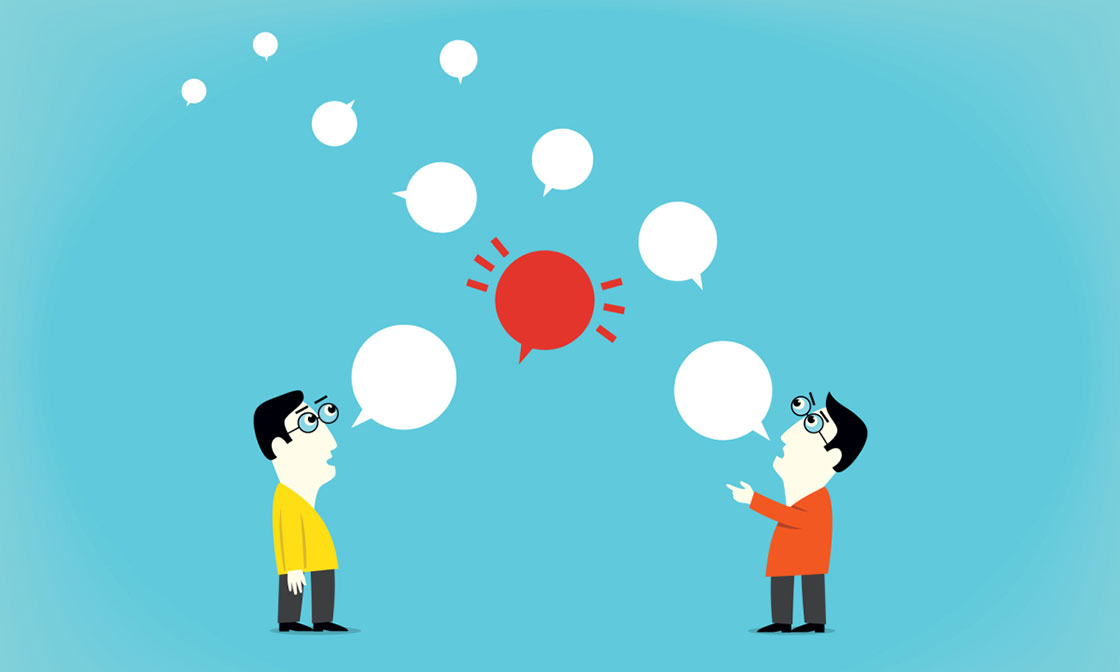What does emotional responsibility mean?
Emotional responsibility means I am conscious of the impact that my behavior has on the other person. When we talk about emotional responsibility, we mean the responsibility for the impact of our talking on our interlocutor. Our interlocutor may be our child, our partner-mate, a member of our family, a friend or a colleague at work. Emotional responsibility means that I recognize that in a “relationship” of any form involving two people, it is not only one with his thoughts and feelings but this relationship or conversation includes another person who has his own thought and his own feelings.
Why do I have emotional responsibility towards others?
Emotional responsibility has a particular weight in the systematic development of healthy family members and the cultivation of mutually and emotionally balanced partnerships. Otherwise, unhealthy patterns of relationships arise where one only gives and the other only gets. Or there arise motifs where one is closed to himself and revolves around his “ego” while the other simply exists.
A very simplified example of emotional responsibility is when, for example, you meet a friend and you tell him “how did you become that way?”, if for example, he has get weight or experienced a difficult “appearance” situation during that time. Another example is when you read something devoted and your child comes to show you something. You look at it or you answer at it briefly (e.g. “I like your painting”) and you continue your study. This is your behavior, without understanding the emotional need of confirmation that your child is expressing and needs at that moment.
Why do I have Emotional Responsibility in the professional environment?
Emotional responsibility is equally important in a professional environment where group or multi-person teamwork is required. Here responsibility is also moral. And it may be more valuable in the sense that in the workplace sometimes someone spends more hours than with his family. The so-called ‘good behavior’ – which we were taught as children in school and in the family – is not just a ‘must’. Everything we say affects our interlocutor accordingly. And each one bears his own responsibility for the emotional impact that his words will cause.
How Does ThetaHealing Help Me?
We can develop healthier personal and professional relationships when we consciously work on the awareness that our words and their corresponding emotional charging have responsibility. With ThetaHealing we cultivate this awareness so that the individual can consciously and in a healthy way recognize his behavior and the result of it in his immediate environment.
With methods like ThetaHealing, we work on personal patterns of behavior. We explore patterns of behavior with which we communicate in our daily lives with other people and they may not be functional for our relationships in a friendly, family or professional environment. With ThetaHealing techniques, we discover the source of the dysfunctional behavior we are concerned with. We work on it so that the individual becomes aware of his behavior and becomes aware of the way he behaves to third parties in general and especially in specific situations.
Conclusion
The emotional responsibility of what we say to others is not a kind of responsibility that we can avoid. It is not a kind of responsibility that we can choose whether or not we will have.
The emotional responsibility that we bring is de facto.
Panagiota (Giota) Barka,
Certified ThetaHealer

